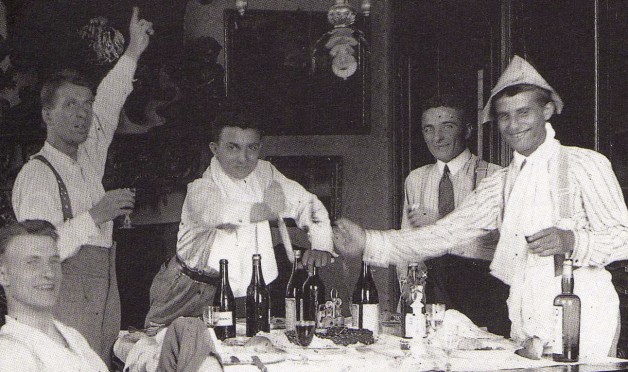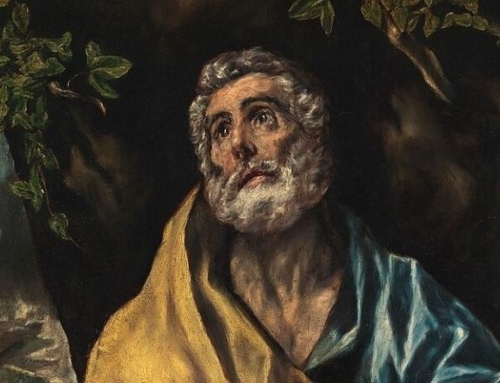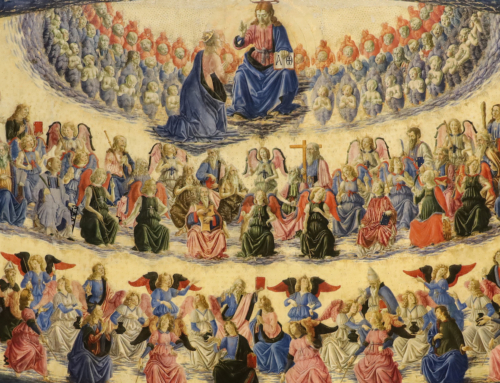At times I have noticed a demand among the faithful for “ordinary” saints. The motivation seems fairly simple. For a number of reasons, ranging from their relative antiquity to the extravagance of some hagiographical flourishes, the lives of many saints appear distant, implausible, or unattainable. The last point seems the most pertinent. For many, it can be hard to relate to a person whose life seems entirely inimitable. Consequently, there is a desire for saints who are deemed to be within reach. So, for example, a recent biography of Blessed Pier Giorgio Frassati is entitled An Ordinary Christian.
At its root, I think the desire for “ordinary” saints springs from the commendable hope that we, too, can be saints, but it can be accompanied by the misguided notion that this is something we can achieve on our own, if only we try harder. “If he can do it, so can I!” While this sort of mentality can seem to bear some fruit, it seems to me that, ultimately, without the gift of God’s grace, mere human effort is not sustainable.
Of course, it is true that the Church wholeheartedly affirms that heroic sanctity is attainable for all those who seek Christ. But this is so not simply because others have set us an example that inspires in us heroic efforts, but more fundamentally because sanctity is already given to us, in germ, in the sacraments:
Incorporated into the Church by Baptism, the faithful are appointed by their baptismal character to Christian religious worship; reborn as sons of God, they must profess before men the faith they have received from God through the Church. By the sacrament of Confirmation they are more perfectly bound to the Church and are endowed with the special strength of the Holy Spirit. Hence they are, as true witnesses of Christ, more strictly obliged to spread the faith by word and deed (Lumen Gentium 11).
In Baptism, the believer is made a child of God by the reception of sanctifying grace, the Theological Virtues, and the Gifts of the Holy Spirit; then, at Confirmation, these baptismal graces are fortified, and the Christian is called in a particular way to witness publicly to the faith. In other words, it is primarily through the sacraments, not through moral exhortation or example, that Christ extends the universal call to holiness and heroic sanctity: “Strengthened by so many and such great means of salvation, all the faithful, whatever their condition or state—though each in his own way—are called by the Lord to that perfection of sanctity by which the Father himself is perfect” (Lumen Gentium 11).
This provides a corrective to the common notion presented above. The Christian in pursuit of holiness must come to grips with the fact that sanctity is the fruit of a divine election forged in Baptism and sealed in Confirmation. So it was for the saints who have gone before us, and so it is with us. Holiness is not simply the product of trying hard. At the root of this mentality lies the conviction that we can save ourselves. Such is assuredly not the case. Indeed, any attempt to save ourselves apart from the sheer gift of God’s grace is doomed to frustration since it fails to recognize the true Source of sanctity and so makes impossible any genuine pursuit of Christ.
This realization should not disappoint us, but rather bring us tremendous hope. The project of sanctification does not depend on our meager strength, but rests on the shoulders of the only One by Whom it can be sustained: God Himself.
✠
Image: Blessed Pier Giorgio Frassati (far right)







